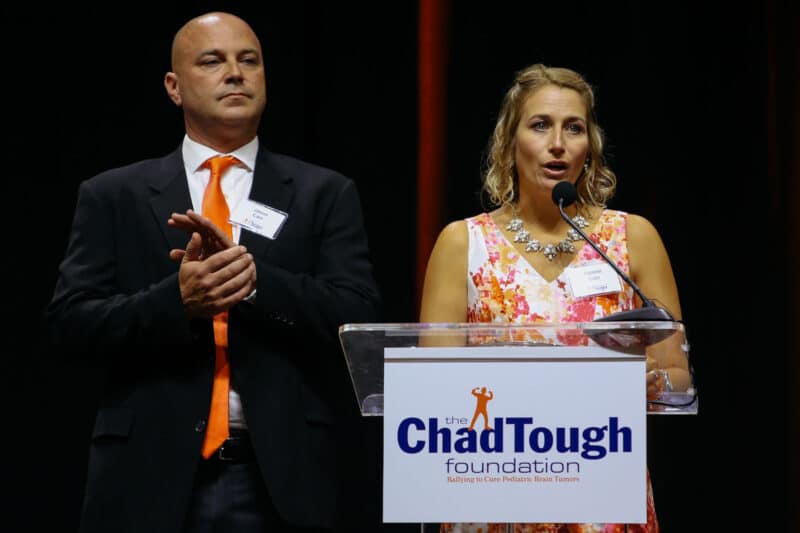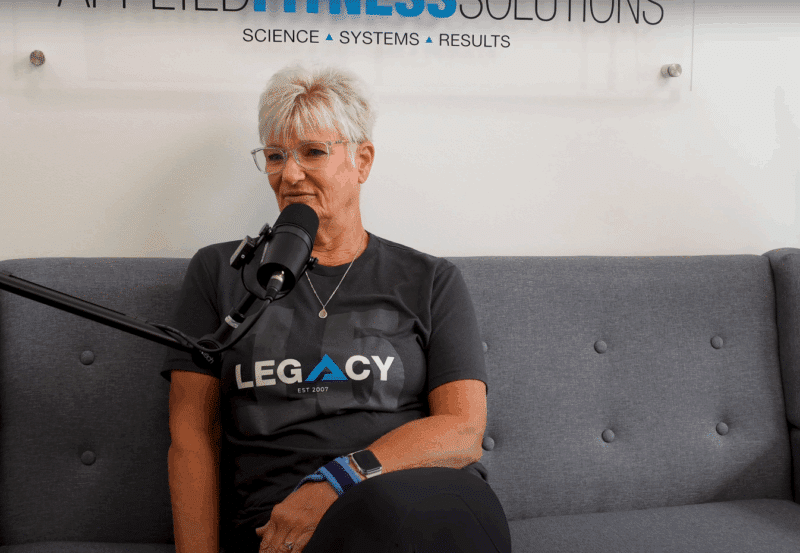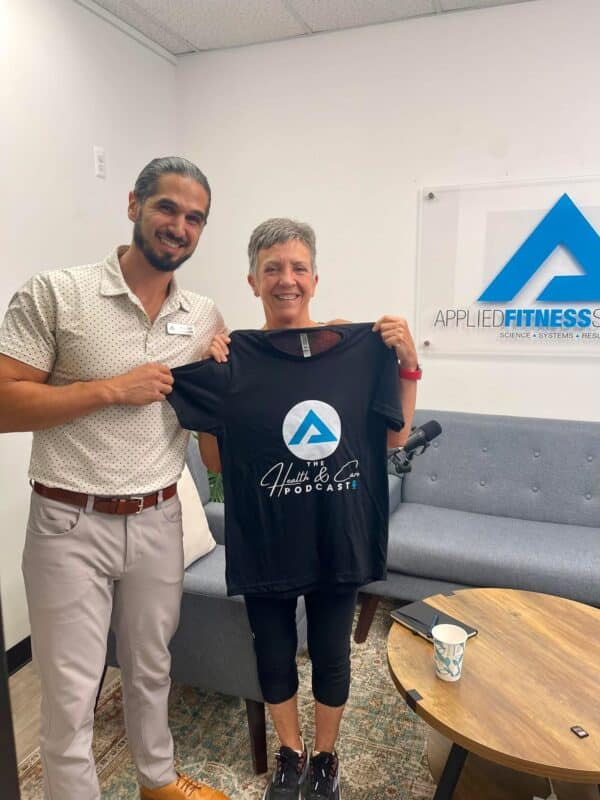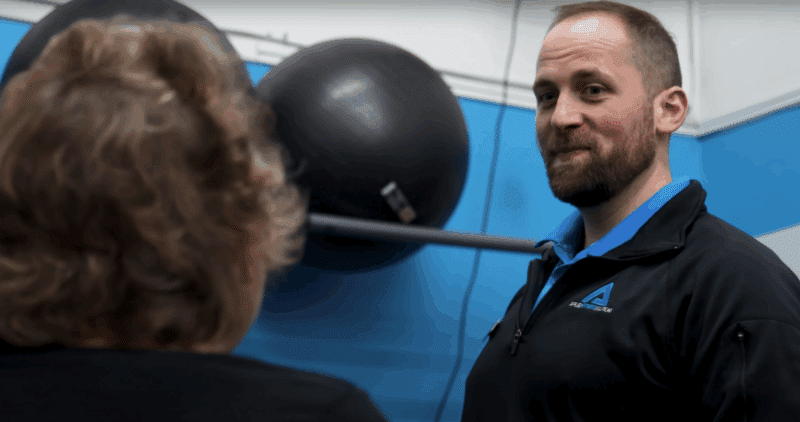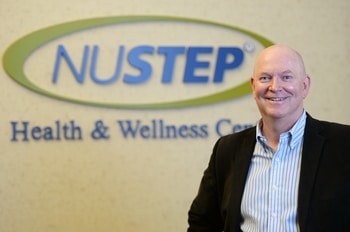
From Cancer To Community Health with Steve Sarns
There are stories that inspire you. And then there are stories that quietly rewire how you think about health, resilience, and what it really means to be prepared for life. Steve Sarns’ story is the second kind. You may know


